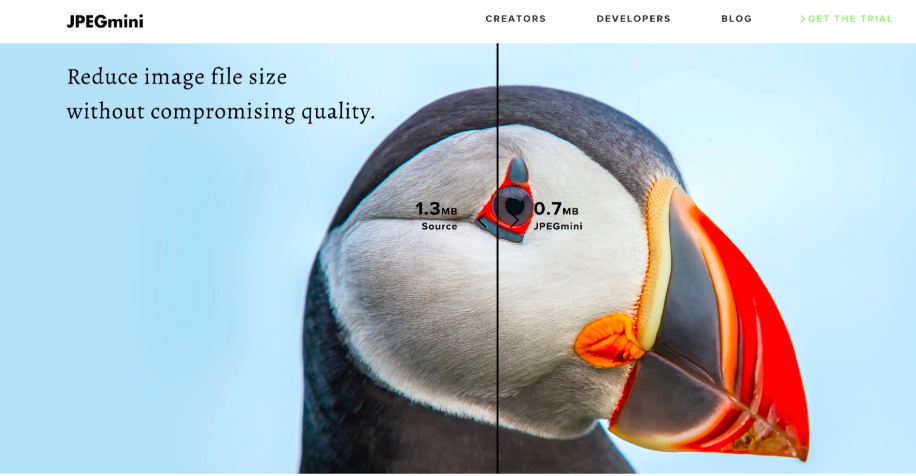When you optimize the text of your post, you could easily result in a higher ranking. But sometimes unfortunate things might happen. Your page is still not on top of the search result page. In this post, I’ll talk about some reasons why your webpage doesn’t rank even though the text of your post has been optimized with some plugin. Also, I’ll provide some tips for you to address these problems.
Why your webpage doesn’t rank?
- Too much competition
In most cases, one of the biggest reasons why your webpage doesn’t rank on the 1st page is because the term is too competitive. For example, you will build a website to market jeans. There is a lot of search competition for “jeans”, so it’s very hard to stand out and chances are high you won’t rank for that term. There are lots of niche opportunities for jeans, such as designer jeans, traditional jeans, etc. However, a large number of sites and posts have established themselves in the niche, your site doesn’t have the authority and other sites in the niches are probably also enable to write SEO-friendly texts.
- Irrelevant Keyword
Your goal in ranking on search engines is to drive organic traffic to your site from the search engine result pages (SERPs), but you will hurt your ranking if you put irrelevant keywords. “Keyword stuffing” refers to the practice of loading a webpage with keywords or numbers in an attempt to manipulate a site’s ranking in Google search results. Filling pages with keywords or numbers result in negative user experience and can harm your site’s ranking. Focus on creating useful, information-rich content that uses keywords appropriately and in context.
- Wrong images
Images bring an article to life and can also contribute to your website’s SEO. It’s always better to use original images than stock photos and the image should relevant to its subject. The image should reflect the topic of the post or have illustrative purposes within the article of course. If you’re choosing a random photo just to decorate your website, then you are doing wrong.
Tips to get a good ranking in SERPs
- long-tailed keywords
According to some posts, there are only 20 percent of search traffic came from top-level target vanity keywords, or the keywords that everyone wants to rank for (Dallas accident lawyer, for example). This means that 80 percent of searchers were using long-tailed keywords, phrases that are specific to their geographic region, needs and even local dialect. Thus, if you want to rank for those highly competitive terms, the long tail keyword strategy might be very helpful to you.

- Measure your organic CTR
According to this week’s assigned reading “ understanding your organic click-through rate (CTR)”, calculating your CTRs helps you judge how valuable each rank position is to your site. It also helps you to estimate organic web traffic by depending on your rates. Once you have clear data on how much traffic your site drives, you can set realistic expectations for the campaigns or content on your site.
- Choose the right format and size for images
I suggest you choose JPEG for larger photos or illustrations because it will give you good results in terms of colors and clarity with relatively small file sizes. Reducing the file size of images can increase the site speed, but I recommend using tools like JPEGmini to reduce the file size without compromising quality.

- Improve your site speed
Site speed is one of the factors that determine whether your website gets a good ranking. According to the research from the BBC, it would lose an additional 10% of users for every additional second the site took to load. Slow websites are often slow because they’re inefficient. They may load too many large files, haven’t optimized their media, or don’t make use of modern technologies to serve their pages. It will take a long time for new posts to show up in the search results. Making your website faster can lead to getting organic traffic for new posts faster and to better rankings.
- Citation:

